Environmental DNA (eDNA) captures genetic material from the environment such as water, soil and air and can be used for species detection. Until recently, wildlife surveys would involve physically looking for species but now we can use DNA sequencing to monitor wildlife in a non-invasive manner.
The work on eDNA at Bournemouth University is led by Dr Demetra Andreou and supported by Dr Kirthana Pillay (Life and Environmental Science Department-LES)
Within LES, we have the capability to monitor and sequence vertebrate and invertebrate biodiversity. We have received funding through the Regional Development Fund to expand our eDNA work in Dorset. The project entitled ‘Transforming biodiversity monitoring in Dorset using citizen scientists and environmental DNA’ is a collaboration across multiple staff with LES and Dorset based charities and SMEs.
As part of this work, we have run a number of outreach events. We started our outreach at the Dorchester Science Festival where we demonstrated eDNA water filtering techniques to children. Our booth received over 60 participants and they enjoyed engaging with us.

eDNA booth at Dorchester Science Festival
Following that we delivered an outreach workshop to students at Kingston Mauward College. The workshop attended by 20 students and staff consisted of a seminar, DNA sampling in the surrounding grounds of the college and ended with an introduction to data analysis. We were successful at sampling the pond, lake and freshwater streams.
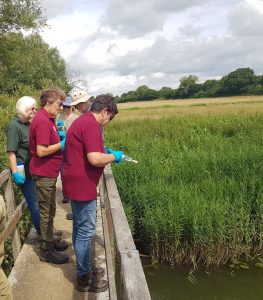
Countryside Restoration Trust
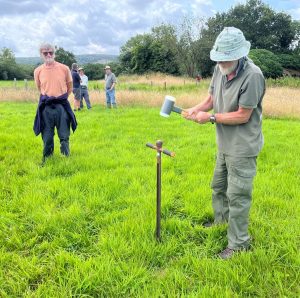
Our most recent outreach programme was delivered to staff and volunteers at the Countryside Restoration Trust (CRT). The workshop took place at Bere Marsh Farm in Blandford, an old dairy farm that is currently undergoing regeneration. The session started with a seminar explaining introductory concepts of environmental DNA, which was followed with a field sampling session. We collected some water samples from the river Stour that runs through their property and soil samples from the water meadows that will be seeded with wildflowers. It was a great information exchange session and we aim to continue such outreach sessions to strengthen relationships between local communities and Bournemouth University.
If you’d like to explore how environmental DNA can support your research or conservation project please get in touch with Dr Demetra Andreou at dandreou@bournemouth.ac.uk

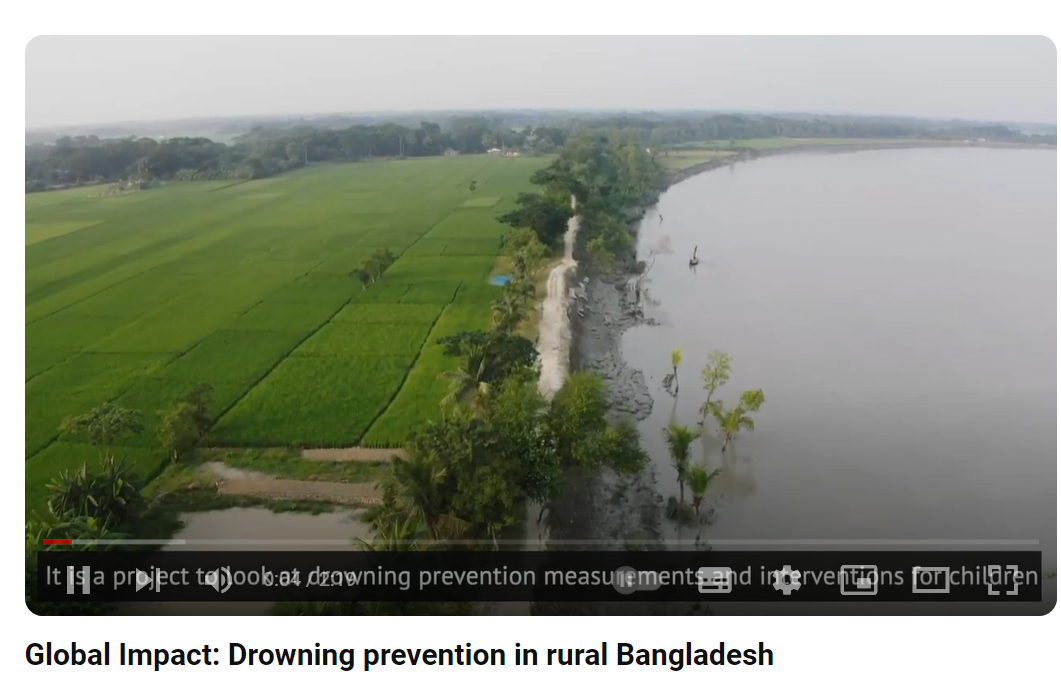

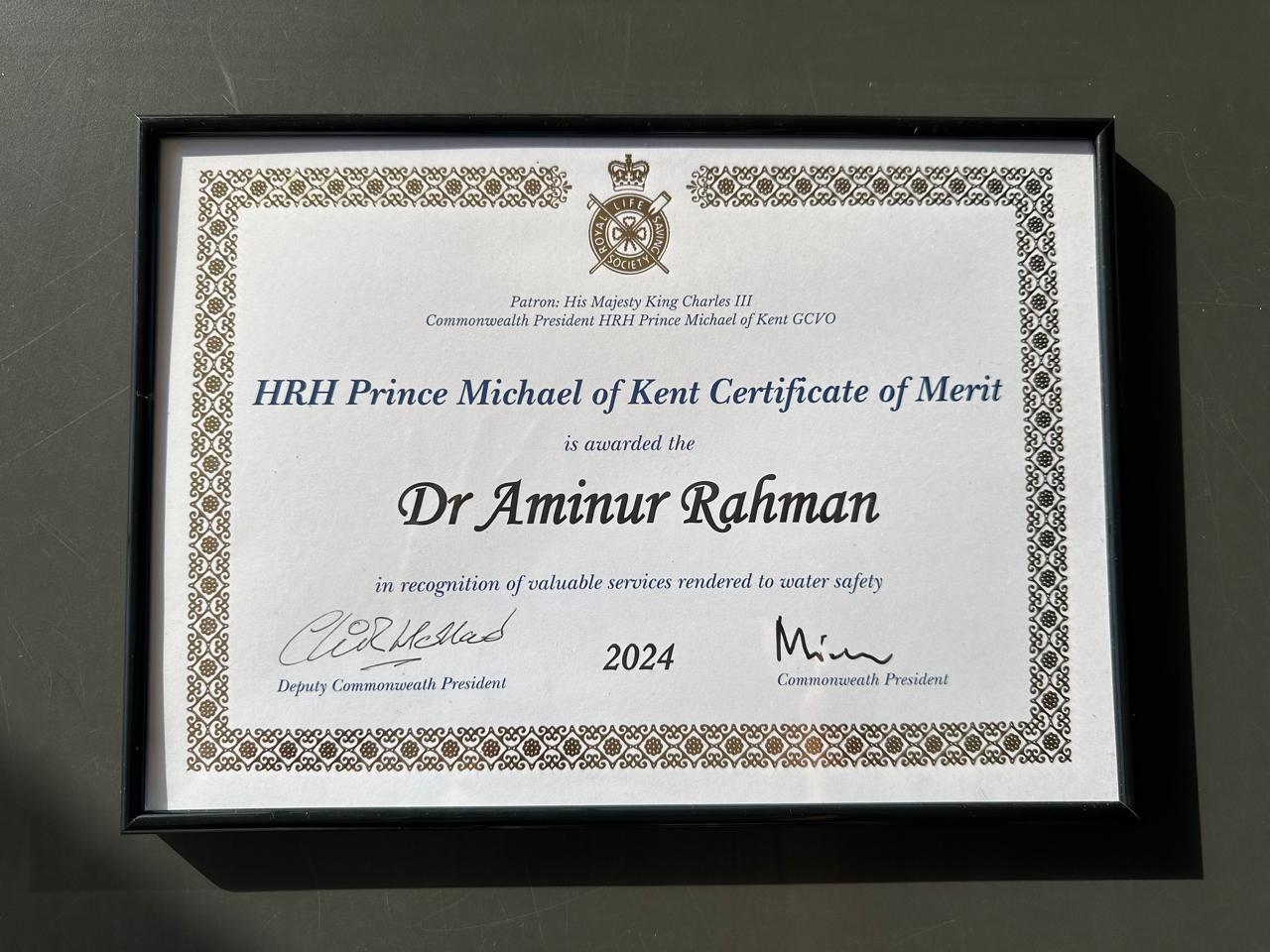
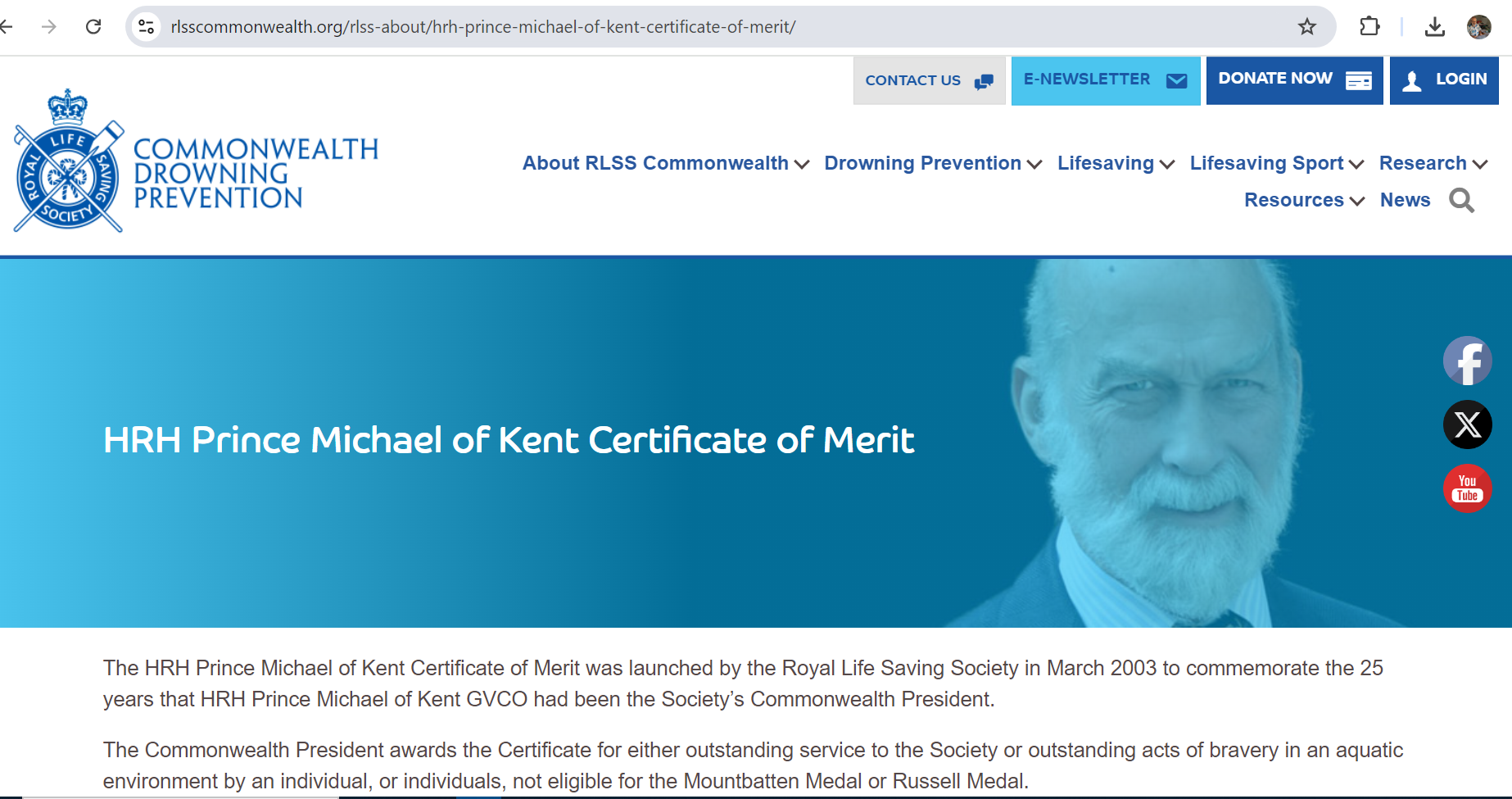

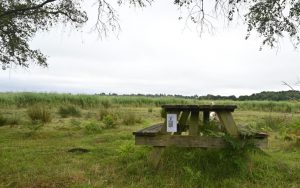





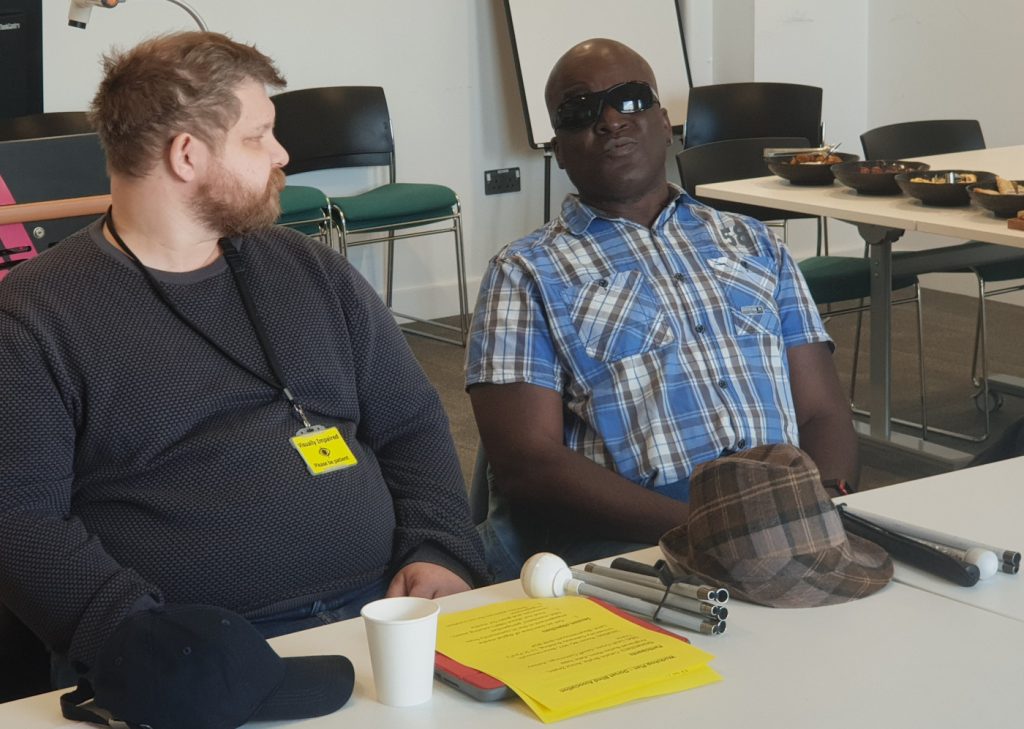
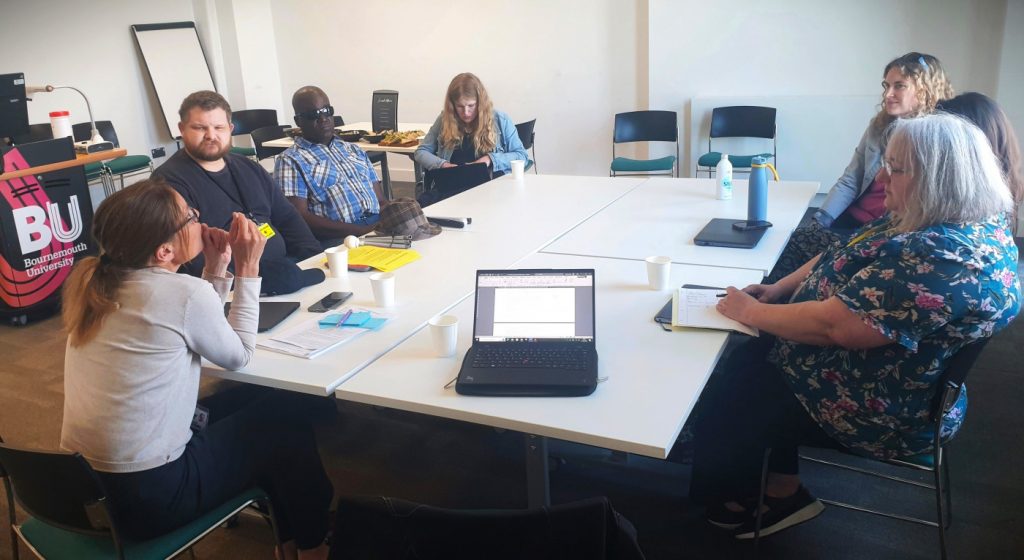
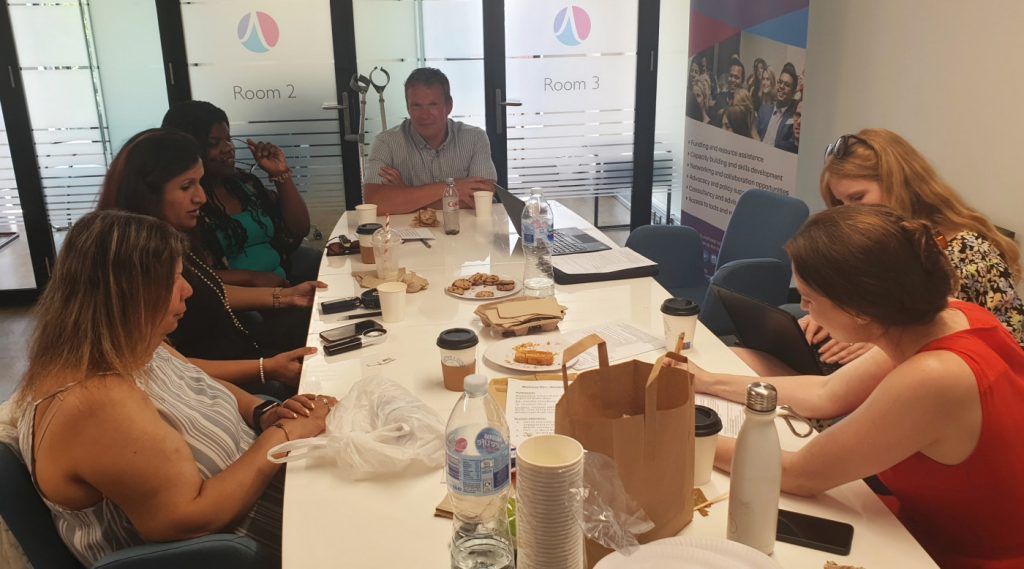
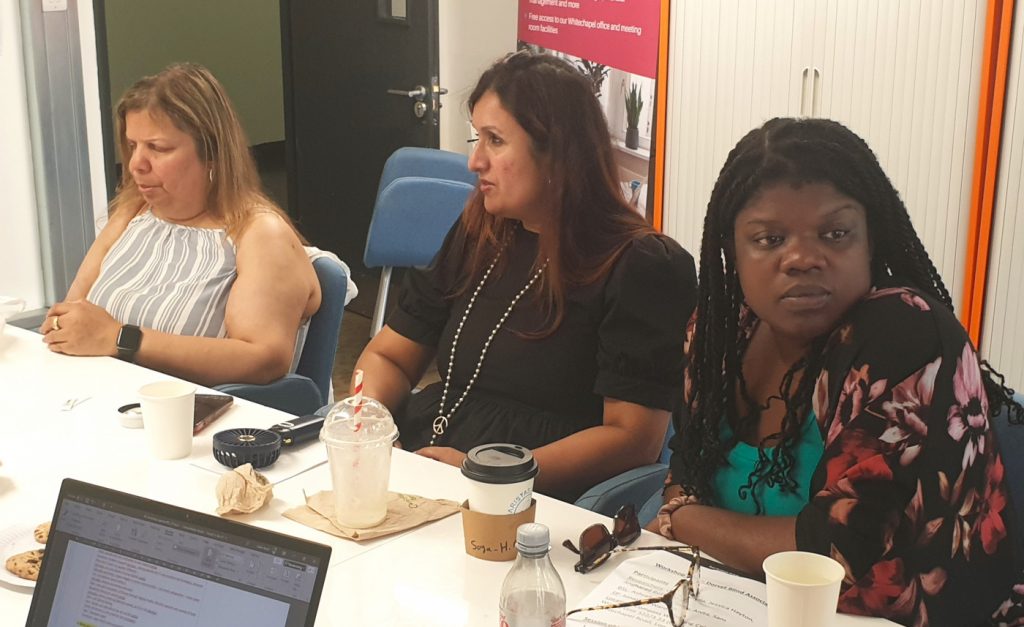
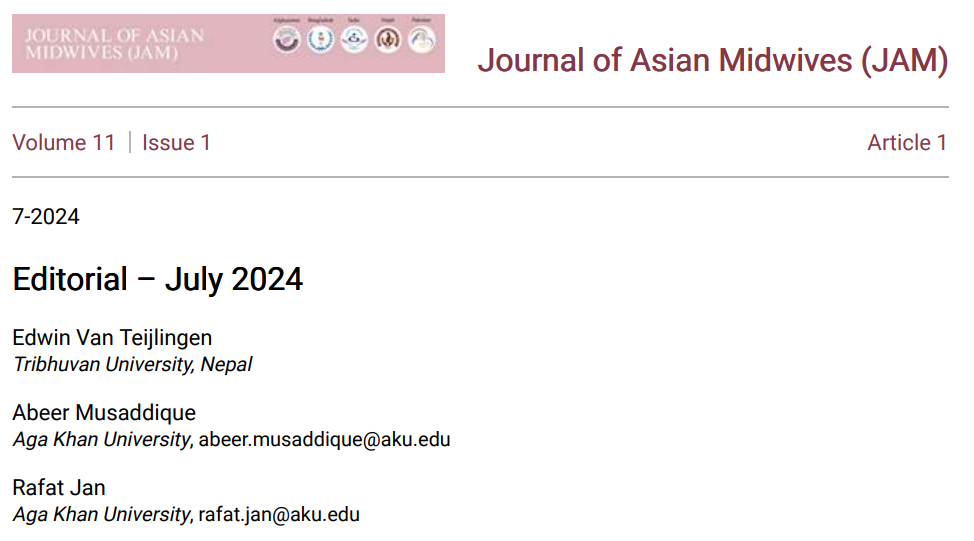

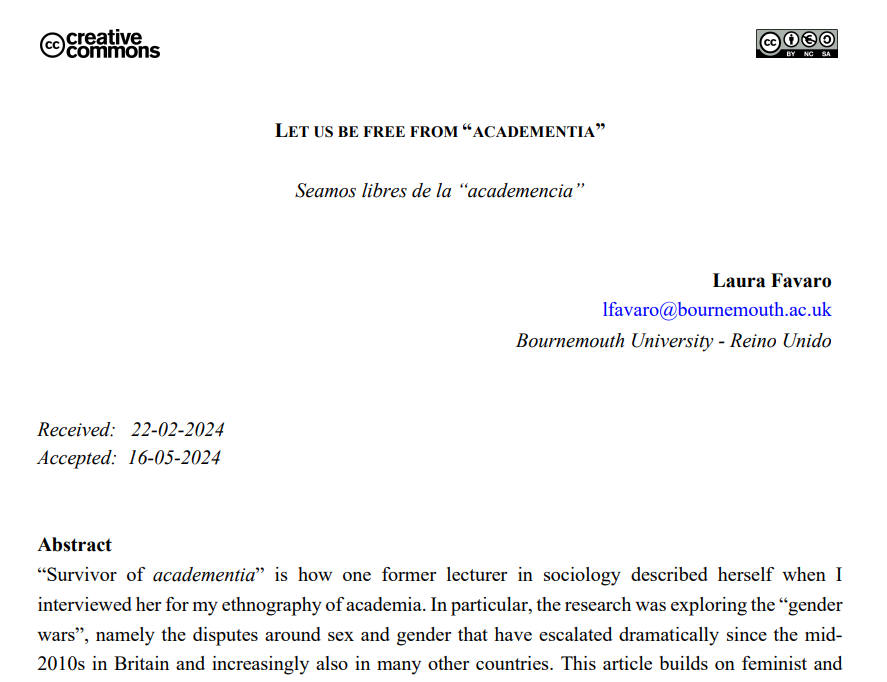


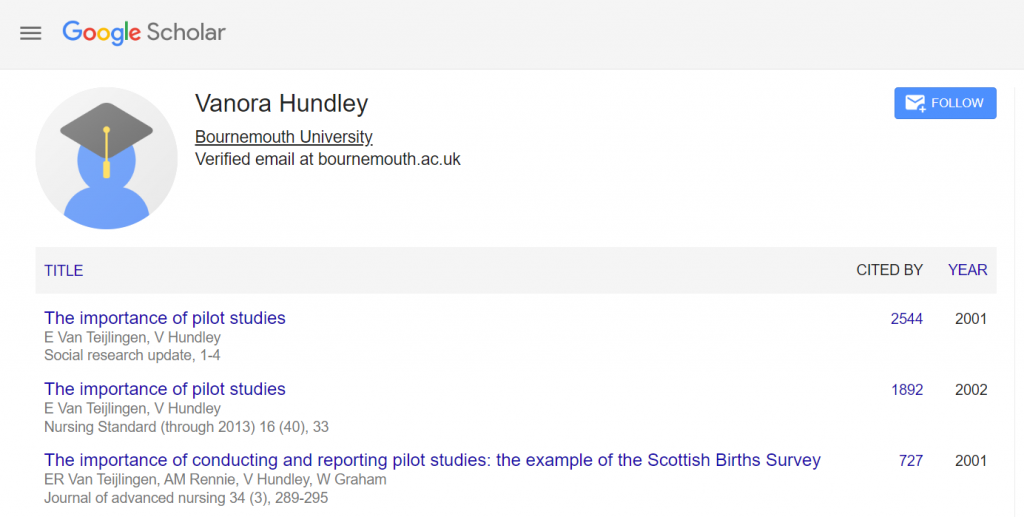
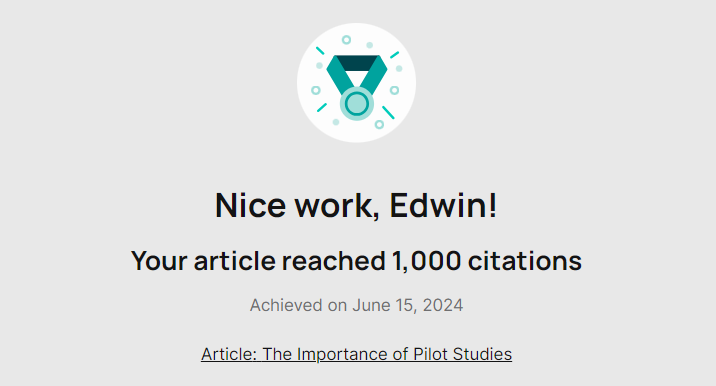
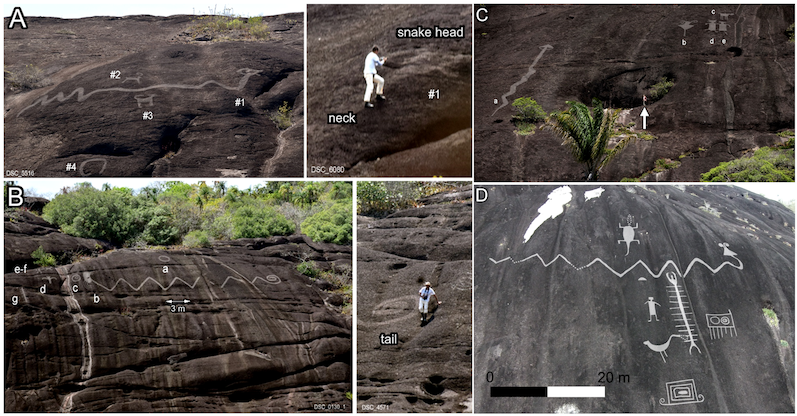

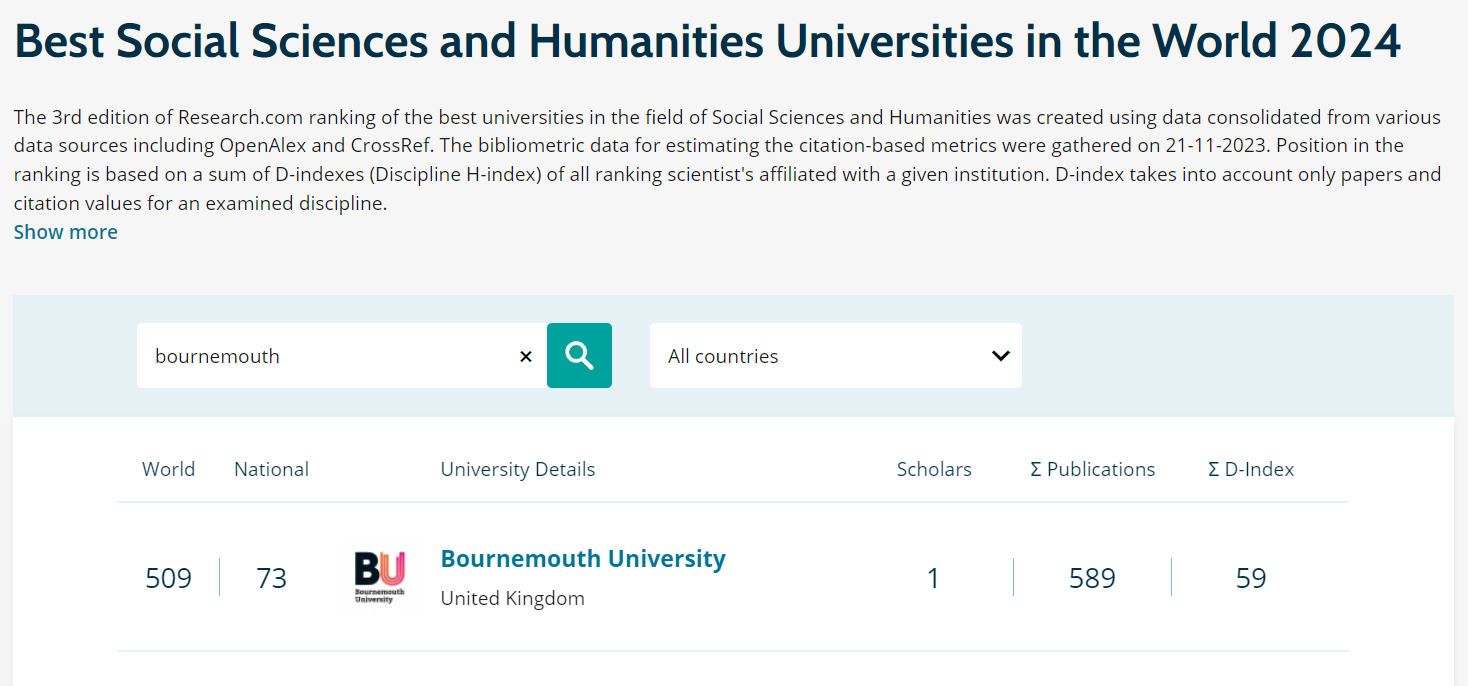
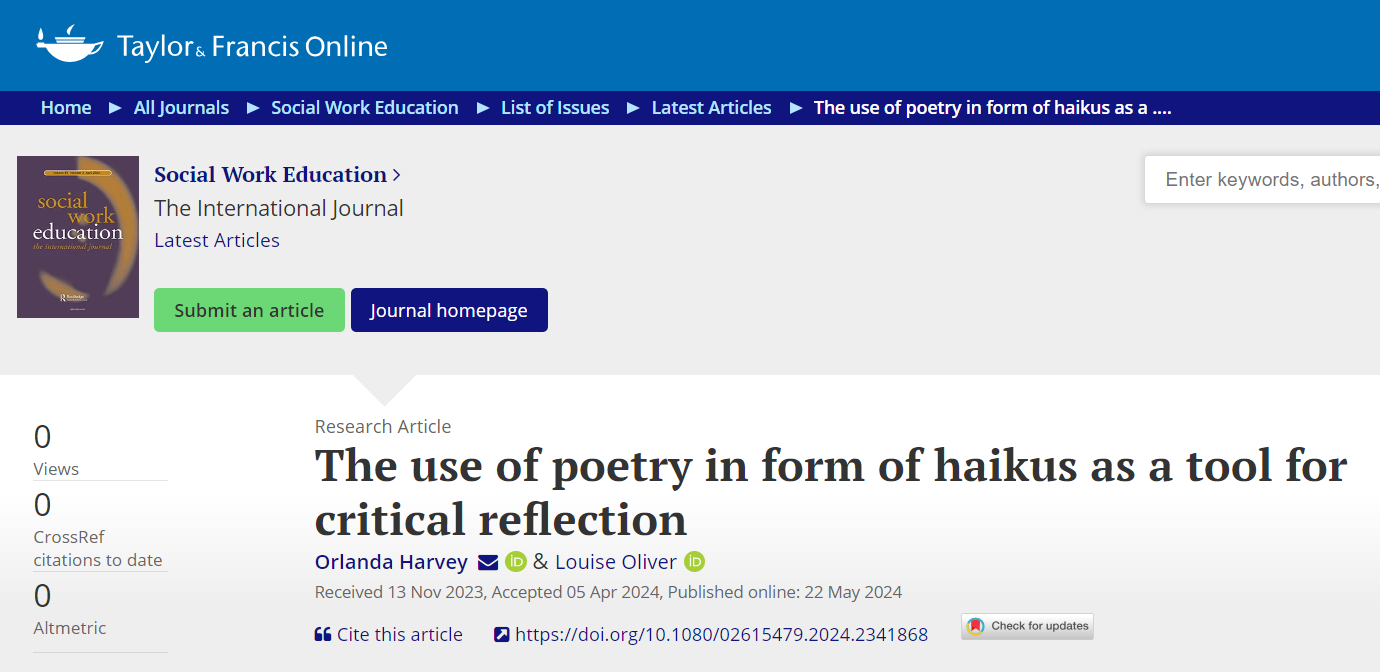
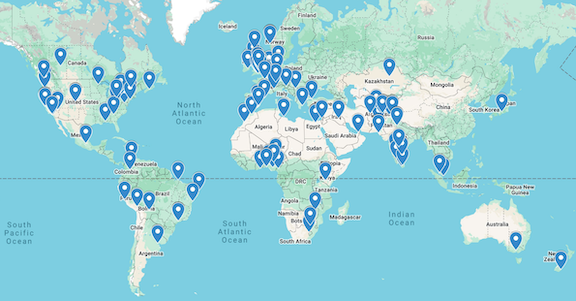
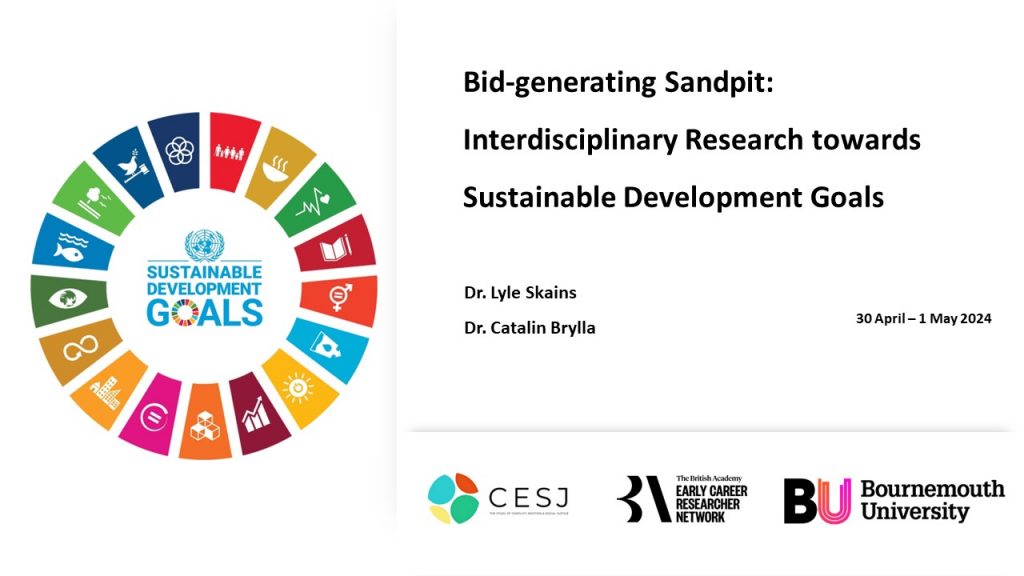
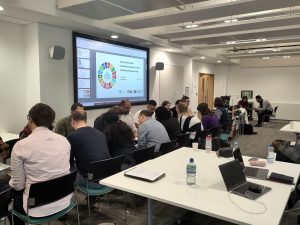
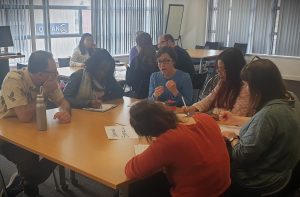











 SPROUT: From Sustainable Research to Sustainable Research Lives
SPROUT: From Sustainable Research to Sustainable Research Lives BRIAN upgrade and new look
BRIAN upgrade and new look Seeing the fruits of your labour in Bangladesh
Seeing the fruits of your labour in Bangladesh Exploring Embodied Research: Body Map Storytelling Workshop & Research Seminar
Exploring Embodied Research: Body Map Storytelling Workshop & Research Seminar Marking a Milestone: The Swash Channel Wreck Book Launch
Marking a Milestone: The Swash Channel Wreck Book Launch ECR Funding Open Call: Research Culture & Community Grant – Application Deadline Friday 12 December
ECR Funding Open Call: Research Culture & Community Grant – Application Deadline Friday 12 December MSCA Postdoctoral Fellowships 2025 Call
MSCA Postdoctoral Fellowships 2025 Call ERC Advanced Grant 2025 Webinar
ERC Advanced Grant 2025 Webinar Update on UKRO services
Update on UKRO services European research project exploring use of ‘virtual twins’ to better manage metabolic associated fatty liver disease
European research project exploring use of ‘virtual twins’ to better manage metabolic associated fatty liver disease